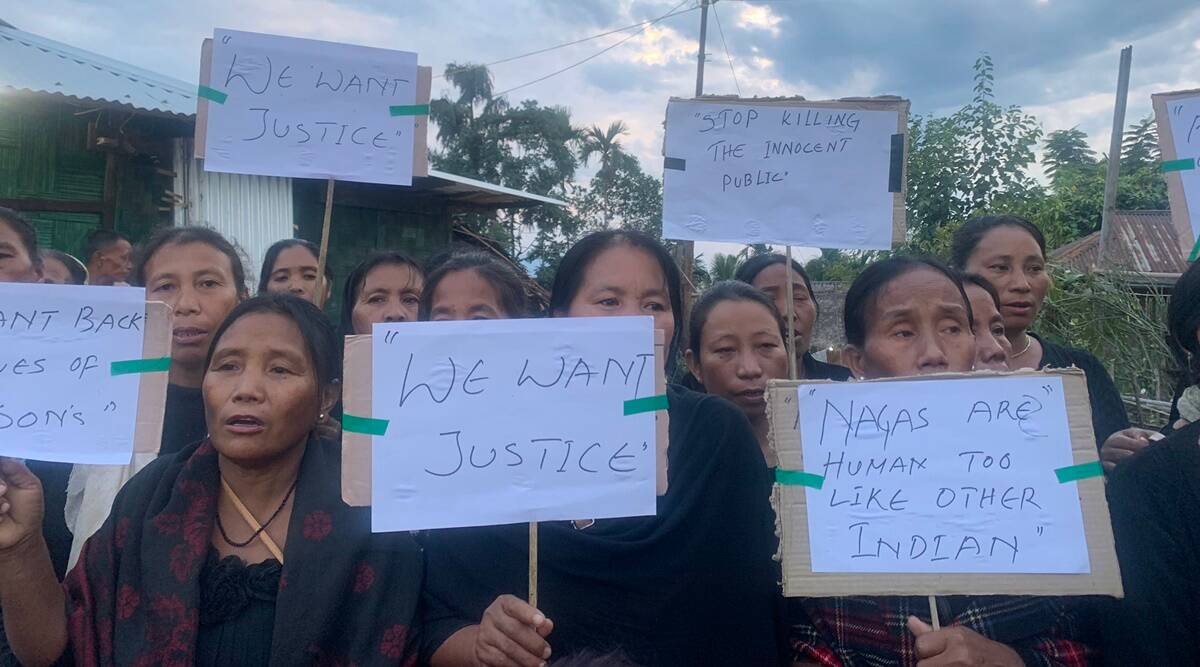The practice of the United Nations indicates that right to self-determination as collective human rights of a people has been unjustly deserted in favor of State territorial integrity. It has been justified by perceived needs of States to stabilize the international State system. In doing so, Freeman points out that the United Nations has offered status to States while refusing to grant power to peoples thereby laying the foundation for intense conflict between States and Peoples.[31]
Asserting “territorial integrity or political unity” by the State is nevertheless made conditional by the Declaration on Principles of International Law in 1970,[32] on the basis of conducting themselves in compliance with the principle of the United Nations Charter and possessing a government that represents a whole people without discrimination in relation to “race, creed, or color.” According to this interpretation, the right to self-determination can be accorded priority over territorial integrity if a State is not “possessed of a government representing the whole people.” This right is applicable to people inside political boundaries of existing sovereign and independent States in situations where the “government does not represent the governed,” hence clearly taking self-determination outside the context of decolonization.[33] Perhaps the freedom of East Timor from Indonesia is an example of where the government did not represent the governed.
In spite of inconsistencies, we find that in the final analysis the rationale of territorial integrity is not an end in itself. Umozurike says “the ultimate purpose of territorial integrity is to safeguard the interests of the peoples of a territory. The concept of territorial integrity is…meaningful [only] so long as it continues to fulfill that purpose to all sections of the people.”[34] No State can therefore claim to safeguard the interest of peoples when they have used force to establish its sovereignty over a territory and when the people have themselves not expressed their consent and will to be part of that union. So long as State policies are determined by fear of its fragmentation; and its drive for legitimacy is derived through the use of force, the consequent denial of self-determination contradicts the United Nations’ purpose to prevent future wars and its vision for world peace.
Judge Hardy Dillard expresses his opinion in the Western Sahara case by stating “It is for the people to determine the destiny of the territory and not the territory the destiny of the people.”[35] The independence of Bangladesh in 1971 is the only instance where the people determined the destiny of the territory. Another exception is the separation of Singapore from Malaysia in 1963 which was amicably agreed upon between the parties themselves.[36]
Perhaps, the disintegration of the Soviet Union and Yugoslavia in 1991 and the independence of East Timor are instances where the sovereign will of the people successfully challenged the very notion of territorial integrity. In ably demonstrating that State sovereignty and territorial integrity are not absolute and permanent rights, they not only made a departure from the United Nations’ rationale on applying right to self-determination within existing States, but have evidently transcended the myth of State Sovereignty and State territorial integrity.







 The last Konyak headhunters of Nagaland
The last Konyak headhunters of Nagaland An orbiting message of peace
An orbiting message of peace The Top Viral YouTube Videos of 2017
The Top Viral YouTube Videos of 2017 Meet R.N. Ravi, who is mediating peace with the Nagas
Meet R.N. Ravi, who is mediating peace with the Nagas










Leave a Reply
Your email address will not be published. Required fields are marked (required)